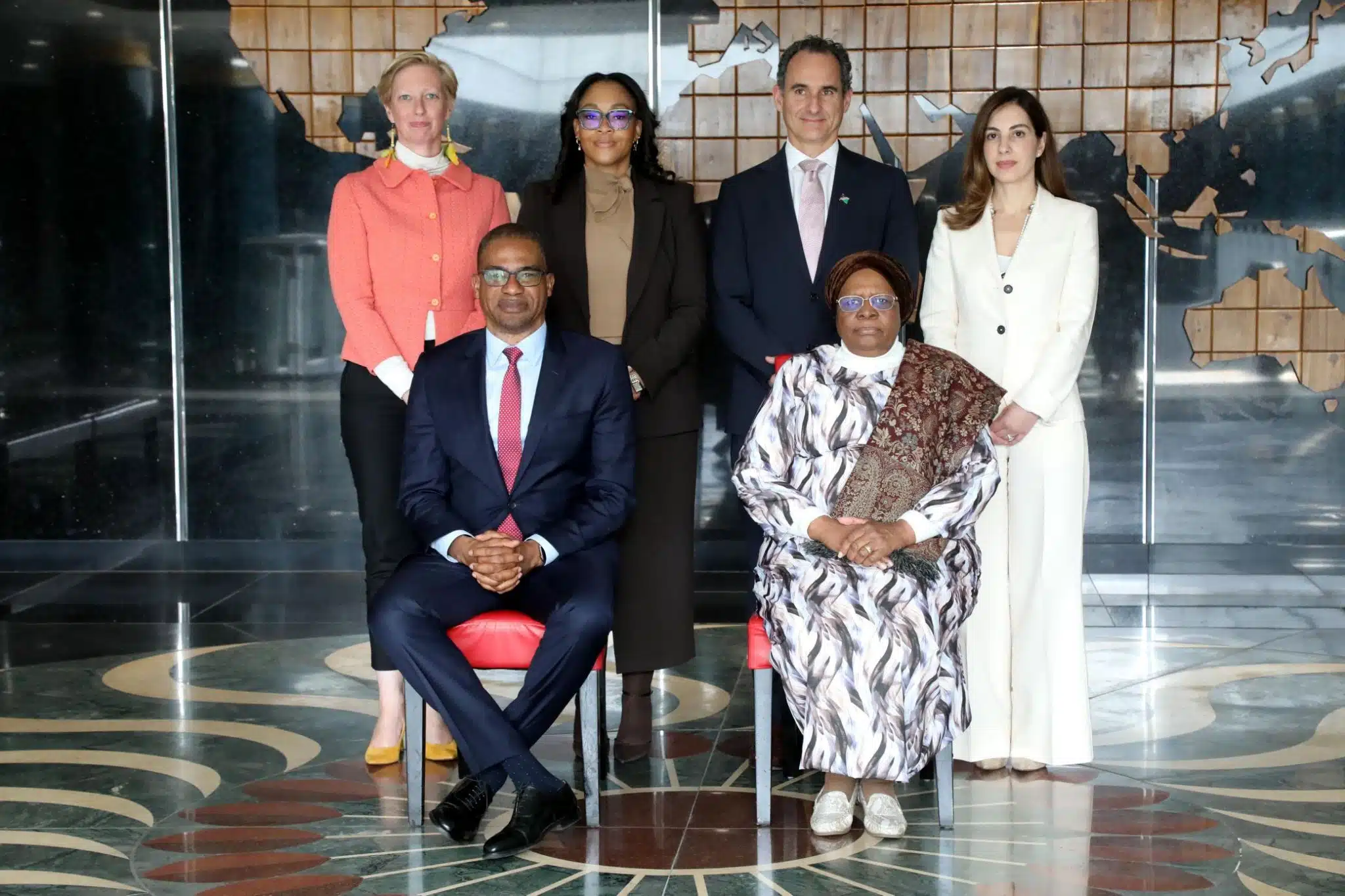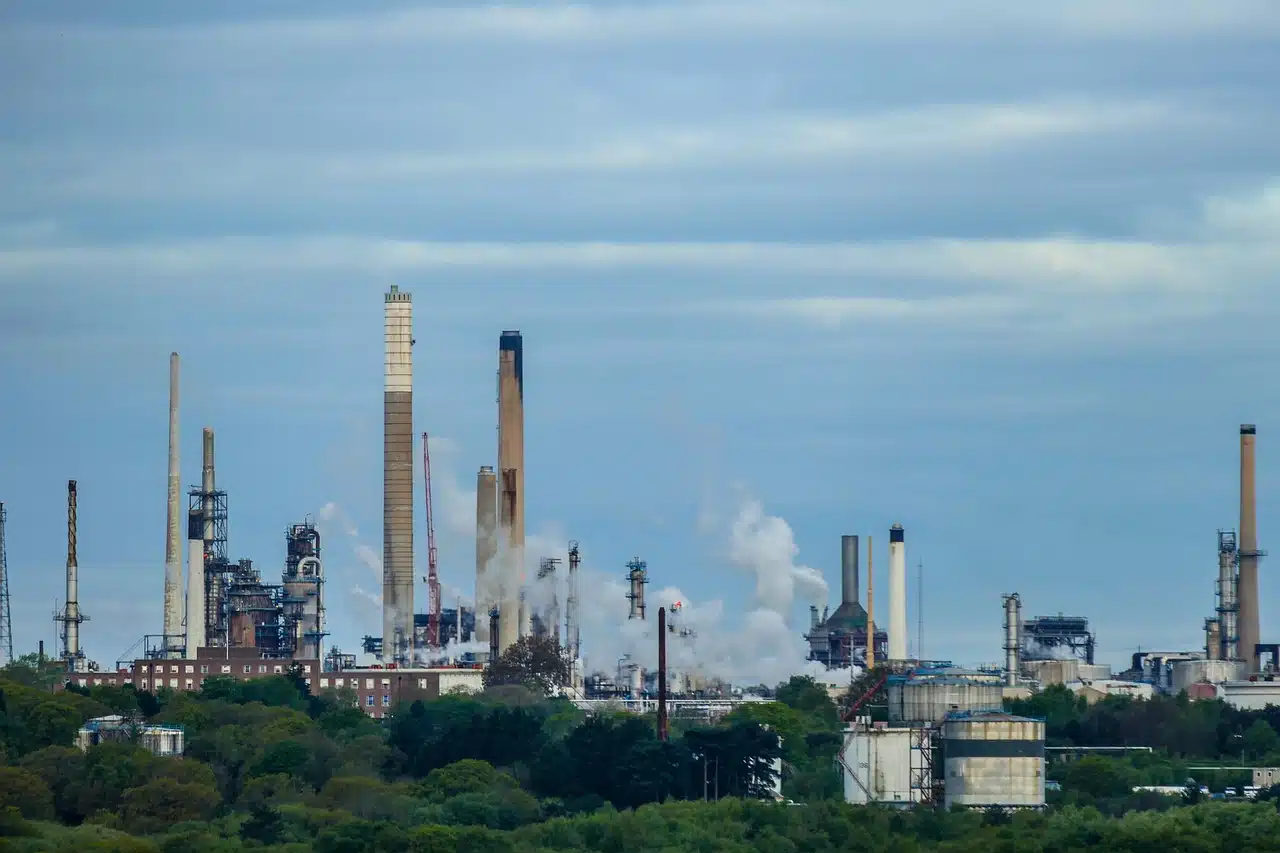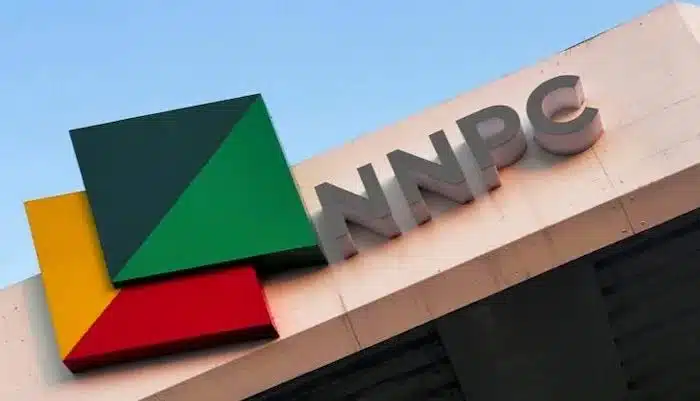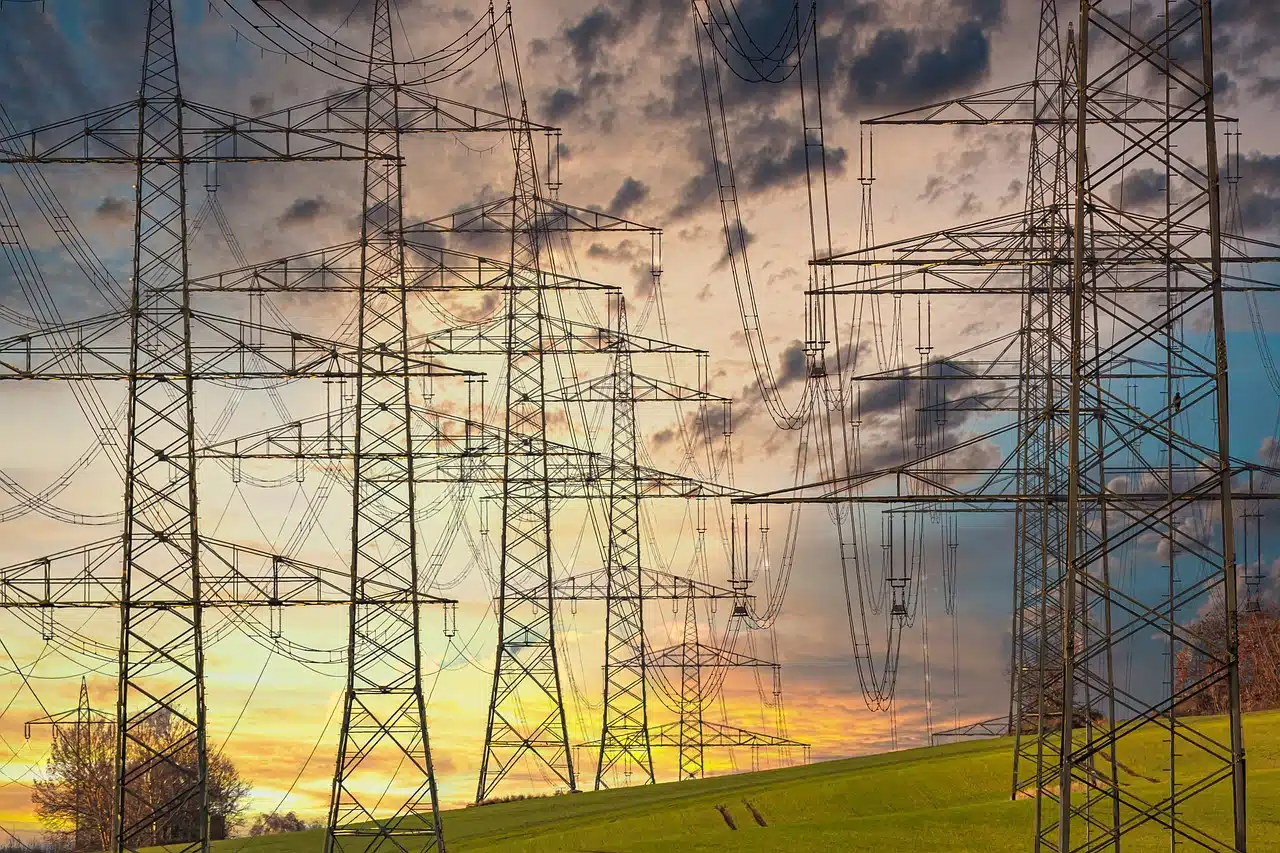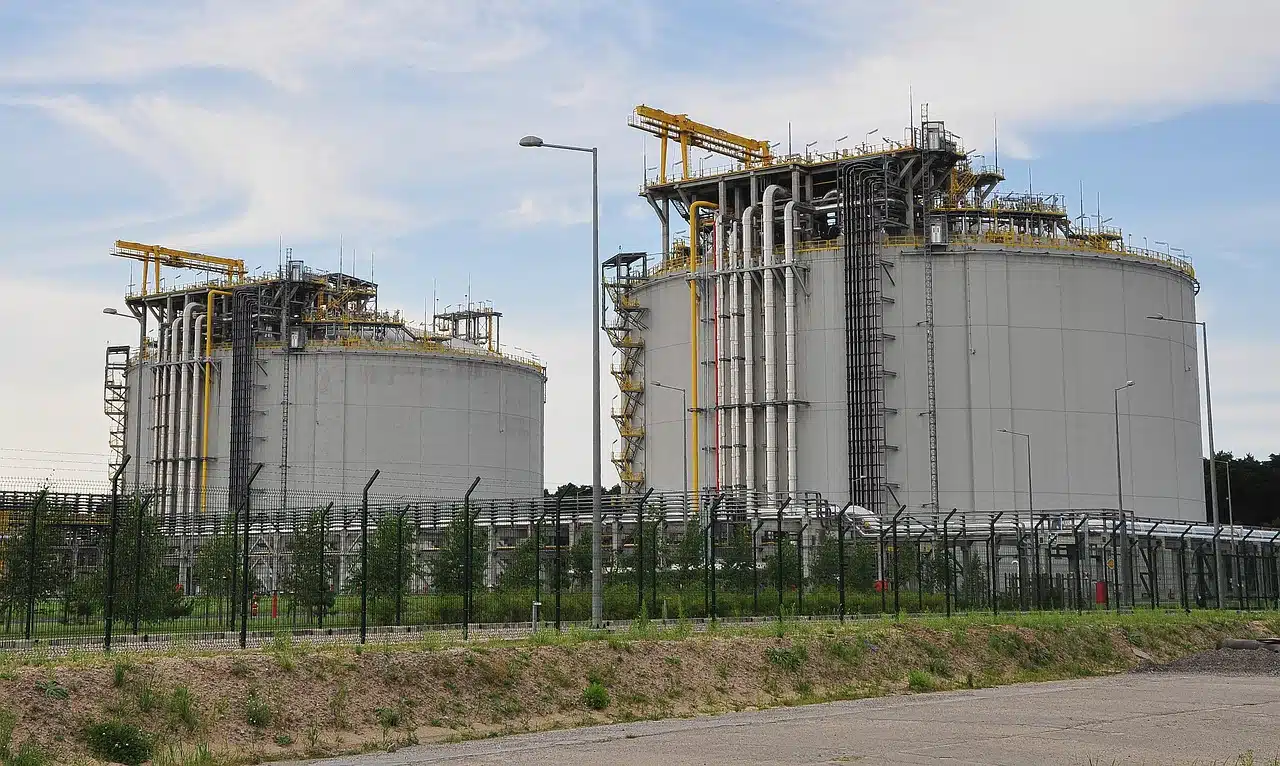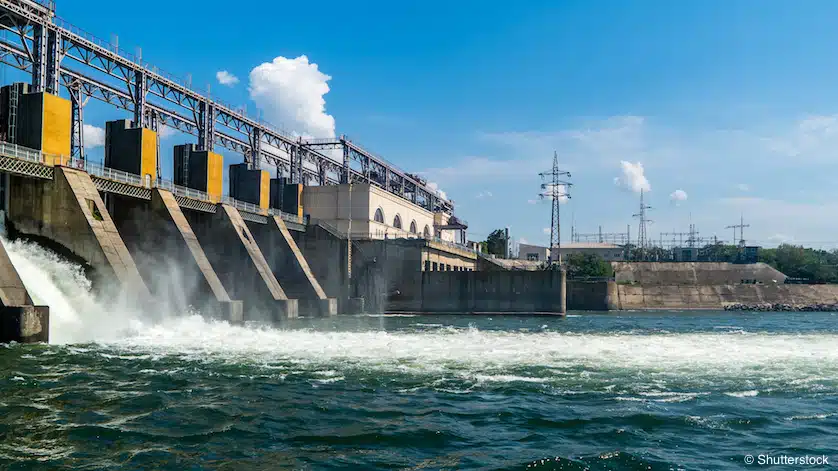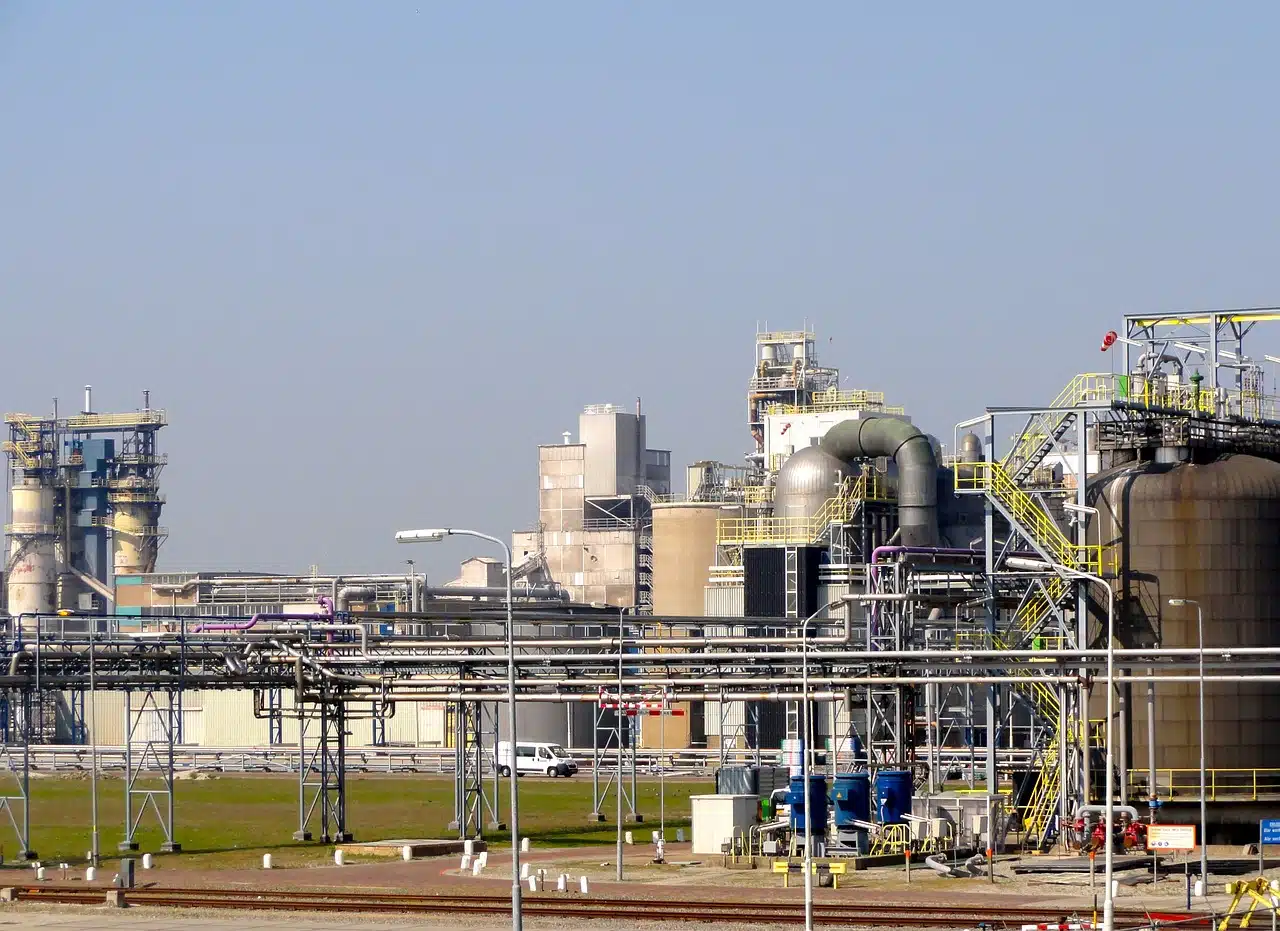Ongoing discussions between the Democratic Republic of Congo (DRC) and multinational commodities trading giant Trafigura could increase the country’s oil production by over 90%, from the current 25,000 barrels per day (bpd) to as much as 300,000 bpd in the coming years.
On February 7, Congolese hydrocarbons minister Aimé Sakombi Molendo and Trafigura CEO Richard Holtum reached an agreement to jointly develop the country’s energy sector.
According to sources from The Africa Report, Trafigura—the world’s leading trader in base metals crucial to the energy transition—is positioning itself to become a major player in the DRC’s oil sector.
The sources also indicate that the Swiss-Singaporean group is eyeing Blocks I and II on Lake Albert, previously held by controversial Israeli businessman Dan Gertler between 2010 and 2020.
The discussions between Kinshasa and Trafigura, aimed at revitalizing the country’s oil industry, are at an advanced stage and could result in a landmark deal before the end of the first quarter of 2025. The two oil blocks on Lake Albert are likely to be included in the agreement.
These blocks, located in the central basin of the DRC, were initially acquired by Gertler under contentious circumstances.
In 2017, the U.S. government placed sanctions on him over allegations of corruption linked to oil and mining activities.
The Biden administration later reimposed the Magnitsky Act sanctions against the daring Israeli magnate, accusing him of attempting to bribe his way out of the restrictions.
The oil blocks were originally awarded to Caprikat Ltd and Foxwhelp Ltd, companies linked to Gertler, who had close ties to former President Joseph Kabila.
However, their exploration permits expired in 2021. That same year, Gertler agreed to return several mining and oil assets to the DRC government as part of a settlement in his corruption case.
Now, the reclaimed oil blocks are central to Kinshasa’s strategic engagement with Trafigura to rejuvenate its hydrocarbon sector.
A Congolese official, explaining the government’s approach in bringing in a global trading giant and another operator as part of a consortium, stated:
“The hydrocarbons minister is considering two options: launching a call for tenders for the two blocks in question next March, or finalizing a direct agreement with Trafigura.”
Although Trafigura has not officially confirmed its commitment to developing Blocks I and II, the official noted that the firm is “using its networks and partners around the world to support the objectives of the DRC government.”
Despite its significant presence in Africa’s energy markets, Trafigura has no experience in oil and gas exploration or production.
Meanwhile, the DRC’s national intelligence agency is conducting an investigation to verify the reliability of the seismic data presented by Gertler on the two assets in eastern DRC.
Authorities suspect the Israeli billionaire may have manipulated critical information related to the oil blocks.
Preliminary forecasts from Kinshasa suggest that bringing these reclaimed blocks online could boost the country’s oil output from 25,000 bpd to approximately 300,000 bpd.
The DRC government is actively seeking future investors for the assets and has consulted companies, including Molendo, which is helping secretly to recover additional seismic data to confirm the true potential of the blocks.
Major international oil firms, such as TotalEnergies, ExxonMobil, and ENI, have been reluctant to invest in the Congolese portion of Lake Albert, citing operational, financial, and security risks.
However, Kinshasa aims to increase the oil sector’s contribution to government revenue to 40%, reducing its reliance on mining.
A potential agreement with a consortium led by Trafigura—the world’s largest private metals trader and the second-largest oil trader—would be a significant step toward achieving this goal.
Yet, Trafigura’s recent legal troubles cast a shadow over the discussions. Earlier this month, a Swiss court found the company and its former Chief Operating Officer, Mike Wainwright, guilty in a $5 million bribery case involving an Angolan official to secure oil contracts.
The Federal Criminal Court in Bellinzona, Switzerland, ruled that Trafigura must pay a fine of 3 million Swiss francs ($3.3 million) and $145.6 million in compensation.
Wainwright was sentenced to 32 months in prison, with 12 months to be served.



